Living in Macau as Expat: Things to Know
What is it like to live in Macau?
In this Expat Interview, Carlo will show you what it’s like to live in Macau as an expat.
You’ll know important information such as living costs in Macau, good and bad things about Macau, how to prepare to move here, etc.
Macau – The Las Vegas of Asia
Macau is called the “Las Vegas of Asia” and the gambling capital in Asia. It is situated south of China and west of Hong Kong. Macau is a tiny city, but it has a lot to offer.
Also, it’s home to some of the biggest resort hotels and the largest casinos in the world. It is a metropolitan city, but it is also rich with historical places, having been colonized by Portugal for a couple of years.
This multi-faceted city has welcomed millions of tourists every year and continually provides travelers with a lifetime experience.
How did you move to Macau?
I graduated from college in 2006, and right after graduation, I found a job as a Customer Service Representative at one of the pioneer call center businesses in the Philippines.
I worked at that call center for almost 16 months, mainly on a graveyard shift.
It wasn’t an easy job, and I was already feeling stressed out and looking for other jobs when I heard about Macau.
I know that there is a place called Macau, but I didn’t know where it was on the map.
My aunt told me to try looking for a job, so I tendered my resignation abruptly and took the plane to the city. I would later call my second home.
Tips
- Moving tips: Relocating abroad? Try Sirelo for free quotes from top international movers that fit your budget. Learn more here.
- Money transfer: I use Wise for my international transfers. Quick, secure, and their fees? Way lower than most banks I’ve tried!
- Expat insurance: Life abroad has its surprises; make sure you’re covered with expat insurance.
Why did you choose to live in Macau?
It wasn’t a choice, I just wanted to move out and abandon my previous job, and Macau just came at the right moment. I had almost zero knowledge of the city, so it was a risky move.
How to prepare for moving to Macau?
To be honest, there wasn’t much preparation.
I’ve just read a couple of articles about Macau, the jobs, life, and the culture. I was still young during the move, and I wasn’t really prepared to be an expat.
It helped that I have a relative who supported my transition.
Did you experience any discrimination in Macau?
Discrimination will always be there, whether at work, restaurants, or other establishments.
You have to learn how to stand up and not let yourself be bullied. I am lucky to have Chinese friends who treat me like everybody else.
But for promotion for work? That’s entirely a different matter. The government does prioritize locals, so promotions are hard to come by.
How to overcome culture shock in Macau?
I think it is not a matter of overcoming it but embracing it. I decided to be an expat, so I prepared myself that it would be different from what I grew up with.
How to deal with the difficulties of living in Macau?
There are lots of difficulties during the adjustment period.
First, the language barrier. Macau speaks predominantly Chinese, and ten years ago, English was beginning to be spoken by locals.
It was hard to communicate, so I learned to master the “sign language” and studied basic Cantonese to adapt.
Second, food and culture.
Macao has a very different culture than the Philippines, so I needed to adjust and learn how to respect it, which helped my understanding of others’ traditions and norms.
Third, though I was lucky to have had found the job after only a week of searching, it wasn’t the job I wanted to do. A means of helping my family motivated me to do it.
What do you like about Macau?
I love Macau because life here is simple: No traffic, less pollution, no intermittent internet connection, and most importantly, only a two-hour plane ride away from my home country, the Philippines.
I also love Macao because it has accepted me and many other expatriates working to provide a better life for our families back home.
Because of our jobs in Macao, some of us could send our brothers, sisters, and children to school.
Some of us were able to build a house and invest in properties. All of us have been provided with the means to have food on our table every day.
Because of that, I’ll forever be grateful to this city that I love.
It is a bonus that Hong Kong is just a ferry away. A fast getaway to this neighboring city has never been easier.
Is there anything that you don’t like about Macau?
Humidity, I guess. If it’s summer, it is hot and very humid.
Other than that, I can’t think of any. Like I said, life here is simple.
What are your favorite things to do in Macau?
Before, my daily routine was work-sleep-work, but I realized that there was so much to explore in the city I once didn’t know.
Finding the hidden gems of Macau is my favorite thing to do.
Exploring every corner of it has occupied my free time for the past years to find new places to eat.

Where would you recommend visiting in Macau?
Macau is not all about casinos and big hotels.
It is historically rich, and there are many UNESCO world heritage sites here. I would recommend tourists to visit all of it.
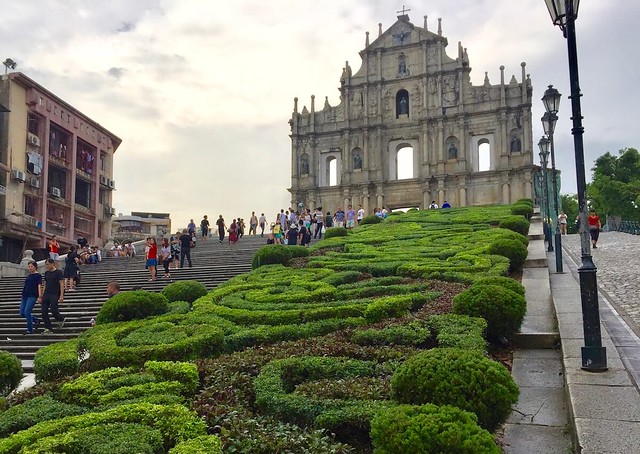
The cost of living in Macau
The cost of living here is pretty expensive compared to some other countries in Asia. House rent is ridiculously high, and dining out can be costly, too.
- Accommodation: My wife and I are currently renting a studio-type apartment with a single bedroom, and it costs HKD4500 a month. That is around USD570. Renting a flat with two or three bedrooms can cost double. You’ll save if you will rent a bed space or a room.
- Food: Dining out every day is not possible for a regular hotelier, so we cook.
- Transportation: Taxis and public buses are available 24 hours. For hotel staff, complimentary shuttles are provided by companies, which is excellent.
- Tax: With our salary range, we are exempted from paying tax.
In general, the cost of living in Macau may be a little bit expensive, but the salary is quite higher than in other countries so you’ll be able to live comfortably.
If you know how to budget, you’ll be able to travel, save money, and buy things you want.
Is it easy to make new friends in Macau?
My first set of friends are people from my own country.
When I started working, I met and befriended people of other nationalities.
I can’t believe I have friends from China, Hong Kong, Macau, Thailand, Malaysia, Taiwan, Nepal, India, and Russia.
Having friends from other nationalities has helped me accept other people’s cultures, traditions, and beliefs.
Do you hang out with locals or foreigners mostly?
I hang out with locals and foreigners alike. Though I spent most days with Filipinos, I sometimes went out with other friends.
Where is your favorite place in Macau to hang out with friends?
Our favorite is to go to buffet restaurants because we all love to eat.
We are also regulars in bars with happy hour. Eating while having a drink and meaningful conversation is what keeps us from being homesick.
A memorable experience in Macau
It was just a recent event, but I’m sure it’s something I won’t easily forget.
Macau is not used to calamities, so when typhoon Hato came, it wasn’t prepared.
It was the first time the electricity, water, and internet supply were cut. It flooded so severely that many small businesses were forced to close down. It was terrible and has affected a lot of people. The only consolation is that Macau has subsequently recuperated.
Did you change your perspective about Macau after living here?
I didn’t have a preconceived idea of Macau when I decided to move, so there weren’t many perspectives to change.
If there was, I think it’s my perception of other people.
I never thought I would be able to develop friendships with other nationalities, but I was wrong. I realized that we are all the same. Just a different mother tongue, but basically the same.

What are your tips for moving and living in Macau?
My tip is not to overthink it.
If you feel like moving, go for it. Anywhere has its pros and cons. You have to learn how to deal with it. There is something you are unfamiliar with? Get yourself informed and well-versed.
Have something you’re scared of? Overcome it.
Moving to a new place can be scary, that is true. But it is scarier if you succumb to your fright and let go of your dreams.
Make the first step, and soon you’ll walk, and then you’ll run.
Do you recommend living in Macau?
Certainly, I have come to love Macau as my second home.
I’ve been here for ten years, and I would have never survived if Macau didn’t love me or all expatriates back.
It has been good to me, and I’m pretty sure it’ll be great for future expats who wish to work and live here.
What have you learned from living abroad?
Living abroad has helped me grow as a person.
It has helped me be independent and responsible for taking good care of myself and doing what I expected. I’ve learned how to be appreciative of people.
Most importantly, I’ve learned how to be acceptable to other people of other nationalities.
I realized that racism has no place here on earth if we want a better world. Respect, Thoughtfulness, and Acceptance are the most important values we all should possess.
More thoughts on working in Macau
To work in any hotel in Macau is not only for those who have a background in Hotel and Restaurant Management or Tourism.
As long as you are flexible, willing to learn, responsible, and have a drive for success, you can be a hotelier.
Macau is good for expats because they do not discriminate.
Everyone is accepted no matter your age, race, color, sexual orientation, or religious belief.
About Carlo
Carlo Madrid is an opinionated man, and he’s aware that he can be annoying sometimes. He loves to travel, read books, cook, and be lazy.
When he’s not traveling with his wife or hiking a mountain, he can be seen sitting on their sofa, either watching or reading.
Writing is also a hobby of his, though mediocre at best, and is half (the other half is his wife) of the people behind the blog Young OFW. Don’t forget to follow Carlo on Twitter.
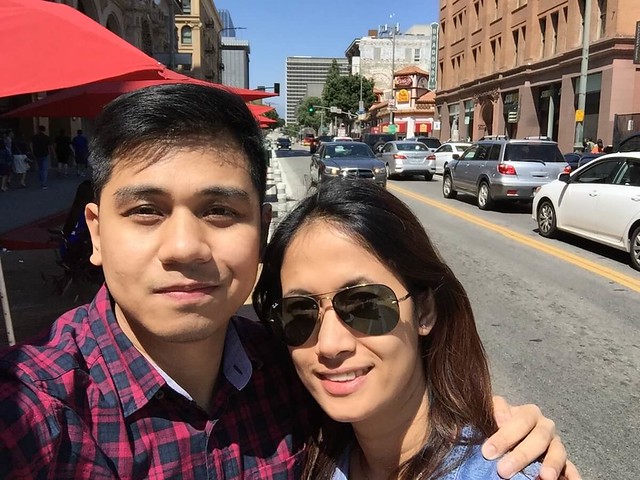
The opinions expressed here by Expatolife columnists are their own, not those of Expatolife.
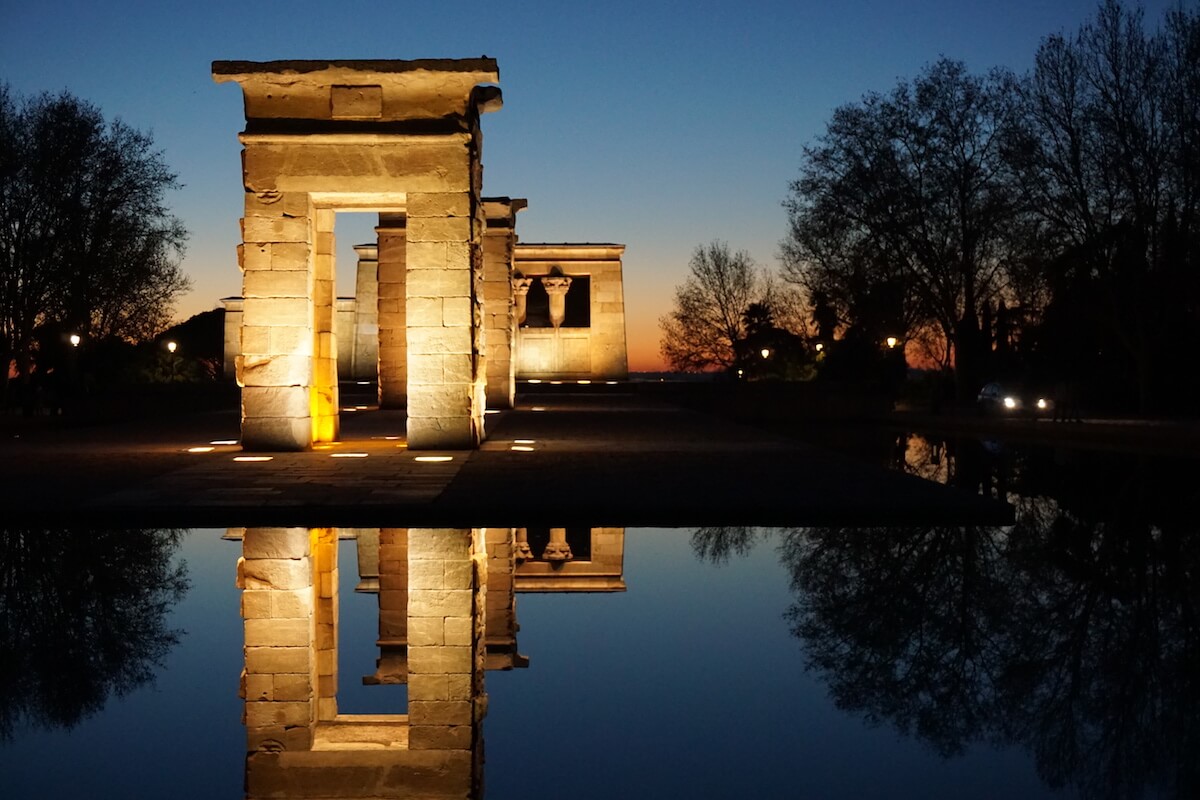
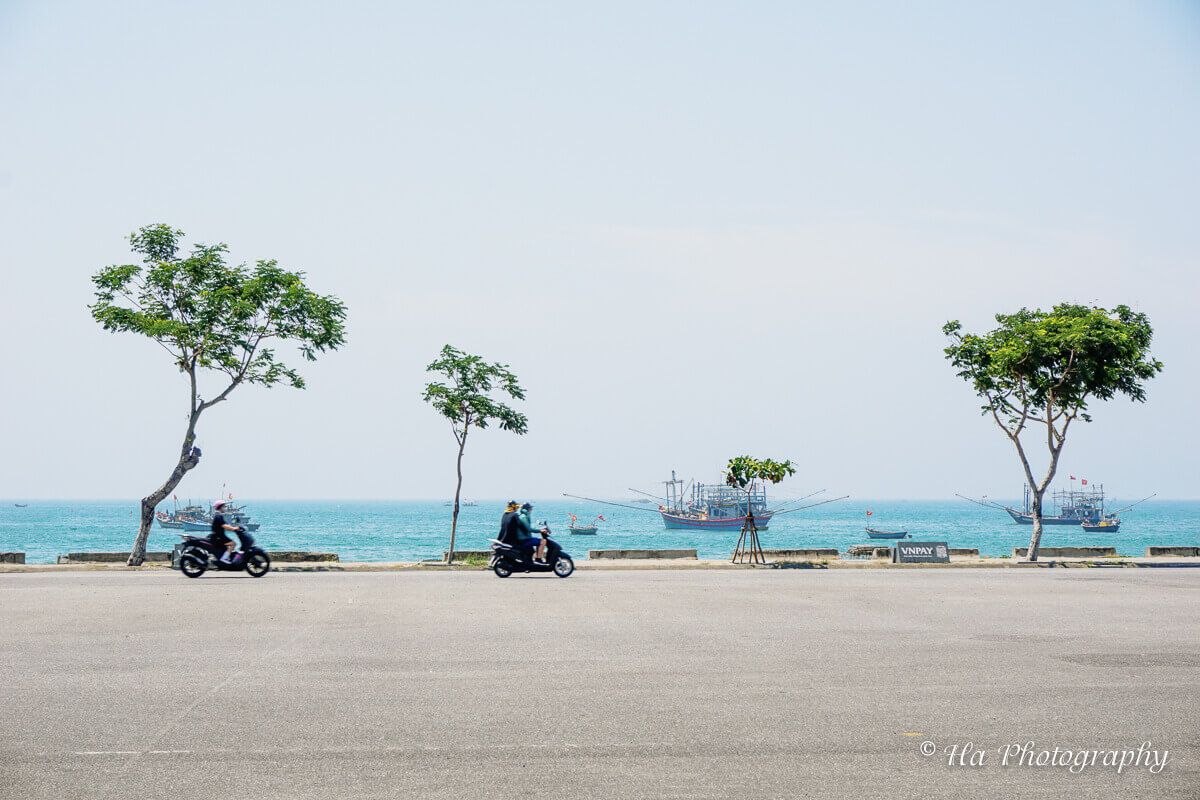
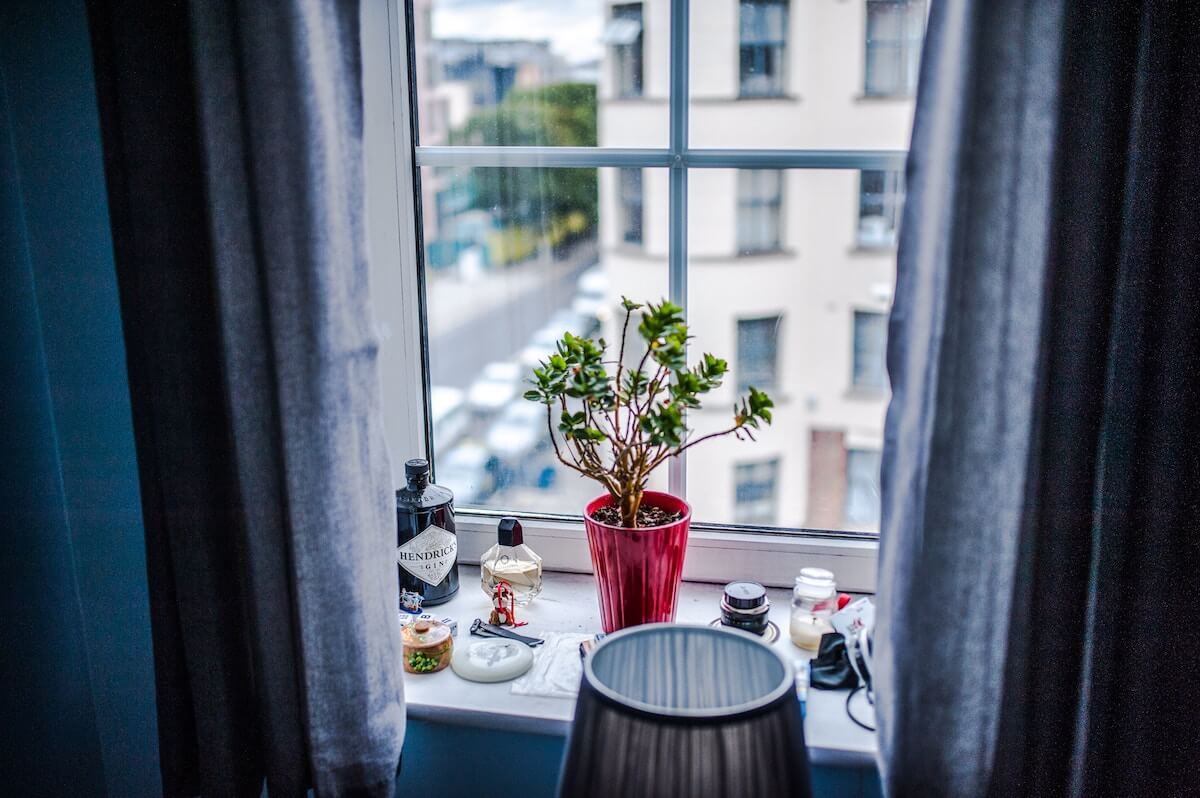
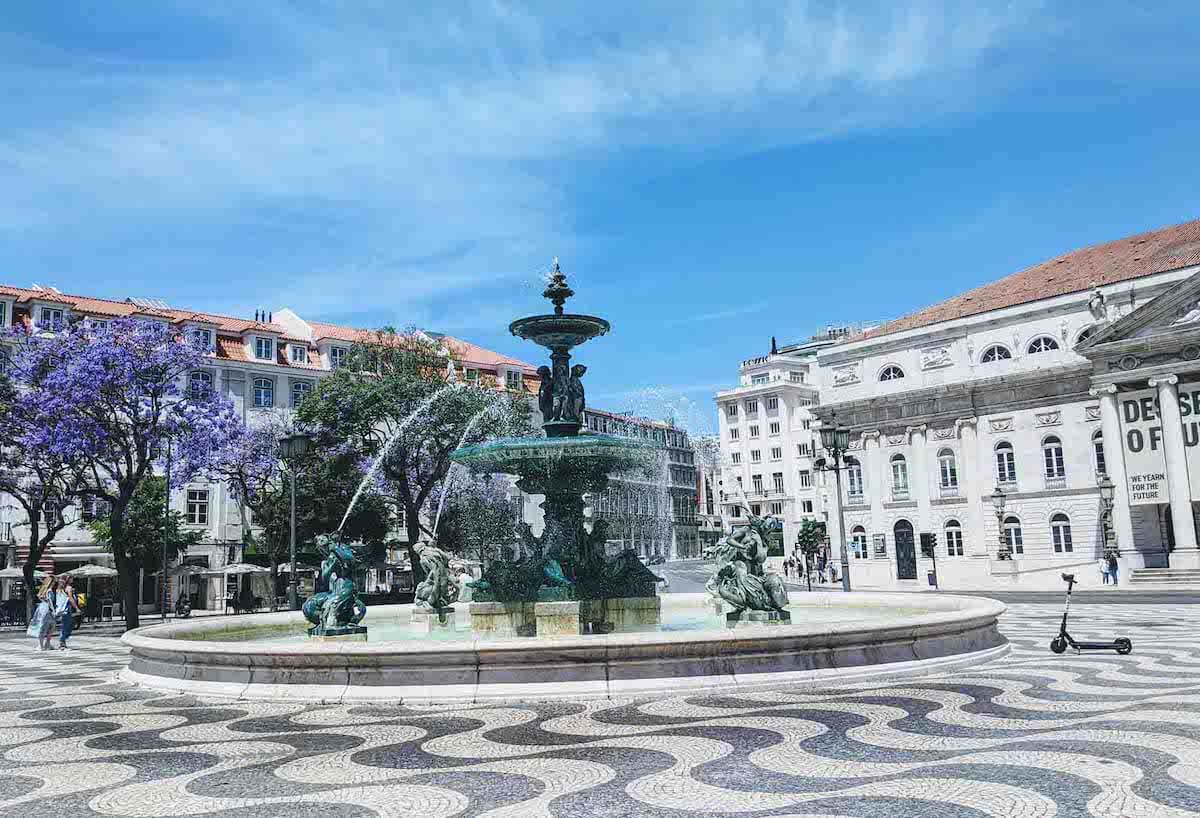
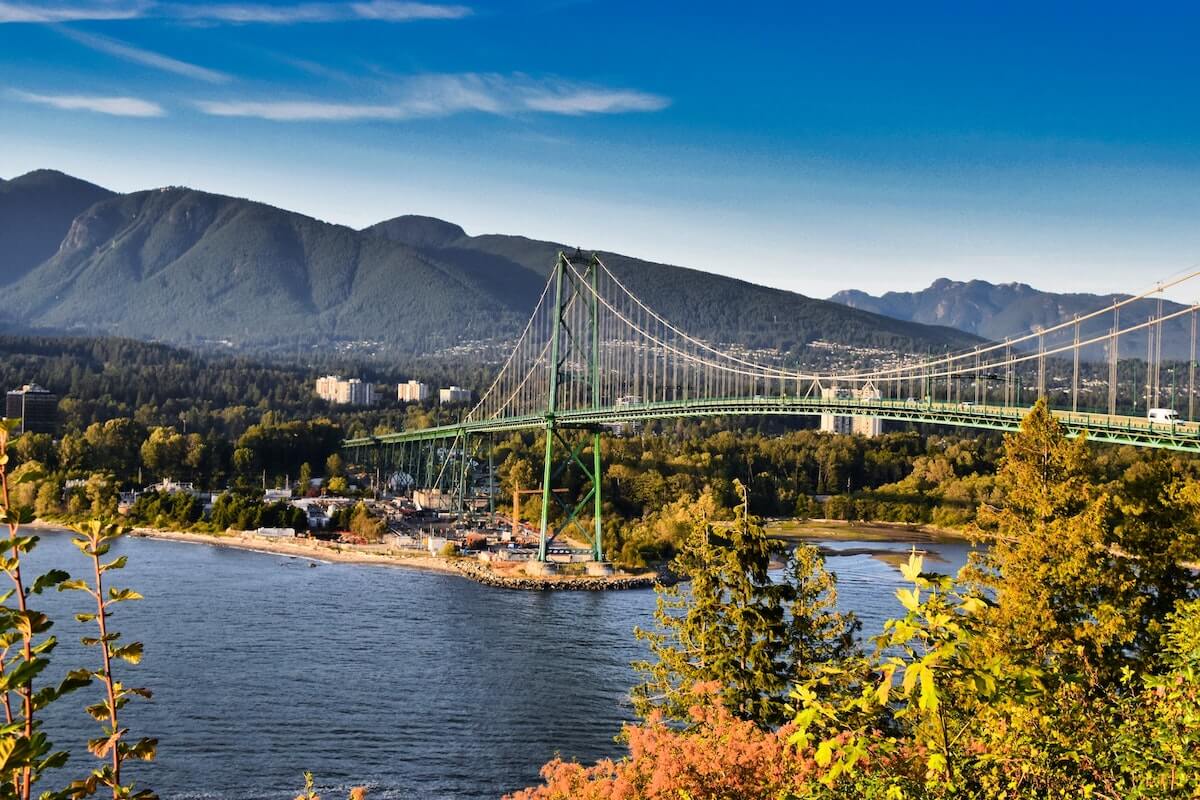

Hi Ha!
Thank you so much for featuring us. It was lovely answering those questions. I love Macau and l love single and simple things about it! Cheers!
Carlo Madrid
Thank you, Carlo, for sharing your expat life in Macau.
Thank you for your information
What a lovely name, Carlo Madrid! I’ve been to Macau many years ago, and it was lovely. It’s nice to know he would recommend it to everyone as an expat. It’s also nice to know there are some UNESCO sites there; I only remember the casinos and old Portuguese churches.
Carlo did a great job when introducing Macau. I didn’t know that there were some UNESCO sites there either.
Excellent in-depth interview. I love how you covered not only the cost of living but the difficulties of moving to Macau. It seems like so many people miss that point in expat interviews.
Carlo, would you ever return home now to live, or go somewhere else or is Macau your permanent place now?
Thank you, Heidi. We’re happy that you enjoy reading.
This is an interesting interview. As an expat myself, I can relate to a lot of things being said here. It’s true that when you move to a different country at a young age, you don’t think a lot about what it’s going to be like. These apprehensions only come as you grow older. As for discrimination, it’s also something that exists everywhere just like in Macau, especially at work where locals might be favored for promotions over expats. I guess that’s the law of the land in most countries. I can imagine language barrier being an issue 10 years back but it seems he figured a good way to communicate with the people (including learning basic Cantonese which can never be a bad idea).
Thank you, Medha, for sharing your opinion.
I honestly know precious little about Macau, so this post was a wonderful eye-opener for me. I always just assumed the Macau was all casinos, based on the James Bond movie. Silly, I know, but there it is. The cost of living seems pretty reasonable, coming from the US. I think it’s awesome that the hotels provide transportation for their staff. It makes life so much easier, I can imagine. I also never really thought about Macau having UNESCO sites, so that’s new for me. Thanks for sharing, Carlo!
We’re glad that you enjoy reading :)
I have always been interested in visiting Macau, as I know very little about the place. I went to Hong Kong a few years ago and I wanted to head there but ran out of time. I do like how it is known as the Las Vegas of Asia. What a very in-depth interview. It is a shame that the government does prioritize locals, so promotions are hard to come by. I have experienced similar being an expat myself.
I’m glad that you enjoy reading the interview.
I never knew Macau was classed as the Las Vegas of Asia. Seems like a good place to go and party. So glad that Macau is a place you can get along and build friendships with others. Thanks for writing this and sharing those valuable insights :-)
Thank you for stopping by, Dan.
Carlo is so corageous! Reading this interview, I realize how much a toll living as an expat in another country. It is admirable that he worked so hard to get where he is, but also knows to balance his life and enjoy the small things. I applaud him for everything he has done! He and his wife are beautiful people!
Thank you for sharing your opinion :)
To be honest I didn’t know much about Macao either before reading this interview with Carlos. I know where it was and I did have the chance to go there when I visited Hong Kong but I thought it was all about casinos, so I didn’t. It was nice to read that life there is simple and that the nature is fantastic, so there are other things to do as well besides gambling.
Thanks, Joanna, for sharing. I’m glad that you enjoy reading the expat interview.
Such a detailed post . I did not know about Macau so much . Asking right questions for the benefit iof readers is simply awesome ?
Thanks, Rohni! We always try to provide the best tips.